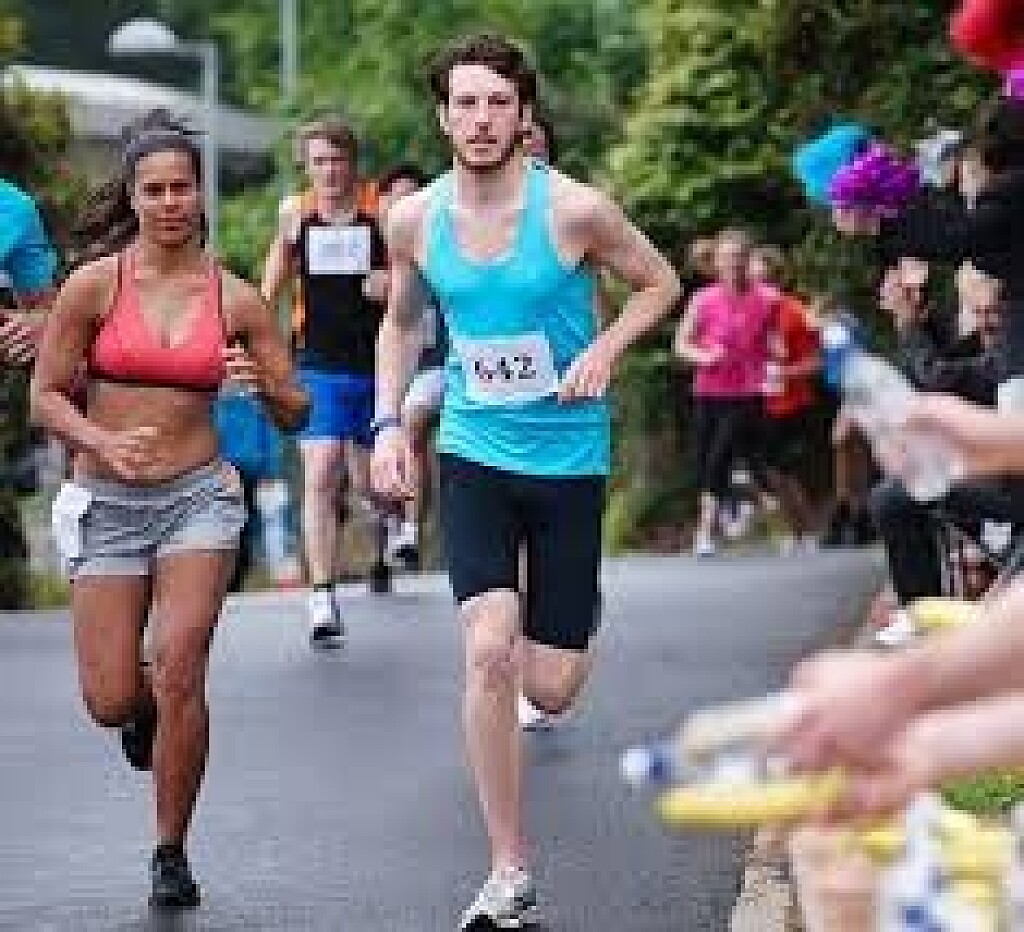Running News Daily
Running News Daily is edited by Bob Anderson. Send your news items to bob@mybestruns.com Advertising opportunities available. Train the Kenyan Way at KATA Kenya and Portugal owned and operated by Bob Anderson. Be sure to catch our movie A Long Run the movie KATA Running Camps and KATA Potato Farms - 31 now open in Kenya! https://kata.ke/
Index to Daily Posts · Sign Up For Updates · Run The World Feed
Why you should keep eating plenty during your marathon taper
Do you eat enough during your marathon taper? As the Boston Marathon approaches and many Canadian runners enter the taper phase of their training, it is crucial to keep eating lots of calories. Many runners, unintentionally or intentionally, decrease their caloric consumption (particularly carbohydrates), during their taper, thinking they don’t need as many because they aren’t burning as many, but this could be a PB-ruining mistake.
We spoke with Vancouver-based runner and dietitian, Sandra Kilmartin, who stressed the importance of maintaining a consistent diet for optimal performance on race day.

Maximizing glycogen stores
Glycogen is the stored carbohydrate that gets used for fuel during exercise. “Carbohydrates are the body’s main source of fuel during a marathon,” says Kilmartin, “so the more carbohydrates stored in the form of glycogen, the better.”

By adhering to a high-carbohydrate diet leading up to the marathon, runners can ensure adequate glycogen storage. Kilmartin says that some runners may benefit from following a specific carbohydrate loading protocol 36-48 hours before the marathon to maximize performance. She stresses, though, that this increase in glycogen storage can only occur if runners maintain their regular eating habits during the taper period and do not drastically reduce their caloric intake.
This isn’t necessarily easy. Even during training, eating enough calories can be difficult for some, thanks to nerves, stress, a busy schedule or gastrointestinal issues that could suppress their appetite. Some runners may simply underestimate how many calories they need to support their training. During the taper, some runners’ appetites might decrease due to the reduction in training load. Even if this happens, you should prioritize eating plenty of calories.
“Tapering before a marathon is a situation where athletes may not be able to rely on intuitive eating to meet their calorie and carbohydrate needs and instead, can benefit from following a nutrition plan,” says Kilmartin.
Advice for runners during the taper
Kilmartin reminds runners that decreasing your training load during the taper is necessary for maximizing your glycogen stores–but you have to eat to fill them up. “Runners should also ensure they continue to eat regular meals and snacks during their taper, with a focus on carbohydrate-rich foods, such as grains, fruits, starchy vegetables and dairy products,” she says.
Kilmartin also suggests decreasing fiber intake a couple of days before the marathon, which can help you get more carbohydrate-dense food into your body while reducing the risk of gastrointestinal issues on race day.
If you’re struggling to figure out how to eat properly during training and during your taper, Kilmartin suggests consulting a sports dietitian. “Runners can work with a registered dietitian who specializes in sports nutrition to ensure they are nailing their nutrition during training, tapering and race day,” she says. “Most extended health benefits cover registered dietitian services, so I encourage all runners to check if they’re covered.”
Sandra Kilmartin is a competitive middle-distance runner, registered sports dietitian and founder of No Sweat Nutrition in Vancouver. She offers virtual nutrition coaching to athletes of all ages and abilities across B.C.
by Brittany Hambleton
Login to leave a comment




